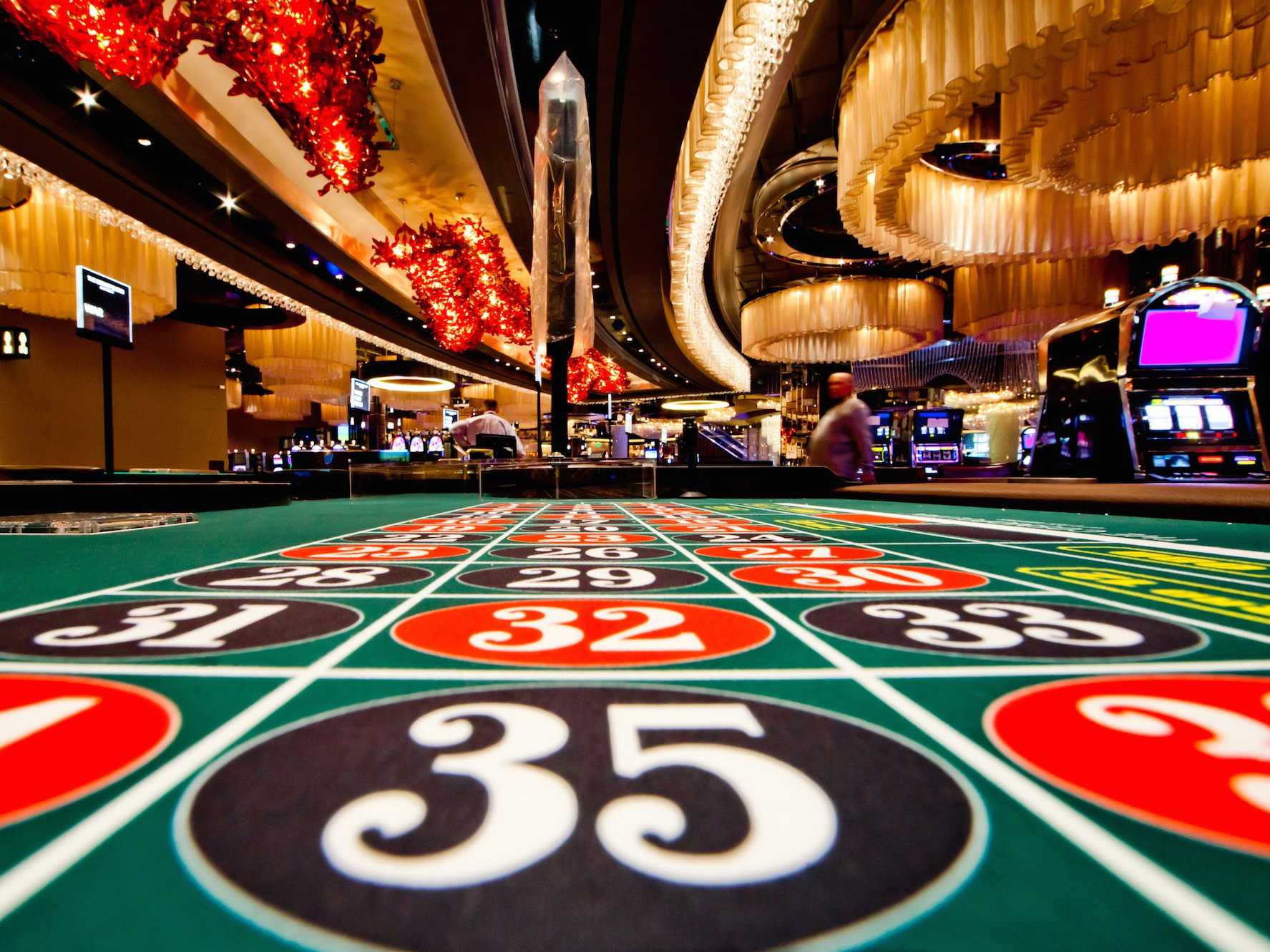
Gambling games have fascinated players for centuries, pulling them into a world of thrill, luck, and wealth. From the flashing lights of gambling machines to the intense action of poker tables, these games offer a unique blend of fun and exposure. However, underneath the facade of this glitz and style lies a sophisticated interplay of calculations that shapes every result and action made within the gaming hall.
Understanding this relationship between casino games and math not just enhances the gambling experience but can also help gamblers make knowledgeable choices. Whether you are a occasional punter or a dedicated fan, recognizing the mathematical principles at play can provide valuable understandings into likelihood, ratios, and approaches, finally influencing how one approaches these games of chance.
Statistical Likelihood in Betting
In the world of casino activities, mathematical probability plays a vital role in determining results and guiding player decisions. Every game has a specific set of rules and a specific likelihood framework that shapes its dynamics. For example, in activities like roulette, players must grasp the chances of choosing a specific number or color. The probability of specific events occurring can be calculated, and this knowledge can significantly affect wagering strategies.
Players also need to be informed of the casino edge, which is the statistical advantage that gambling establishments hold over players in the long run. This edge differs across different activities. In 21, skilled players can use strategies to minimize the house edge to as low as one percent, while in games like slots, the casino advantage can be substantially larger. Understanding the house advantage allows gamblers to make wise choices about which activities to play and how much to wager. https://uk88.nl/
Moreover, likelihood is essential in the principle of risk versus gain in gambling. Each bet carries a particular danger level, and players must evaluate the potential payout against that danger. Games like poker require players to not only assess the chances of their personal hand winning but also to assess the probabilities of their opponents’ hands. By utilizing statistical concepts to their strategy, gamblers can improve their chances of success and participate more effectively in the exciting world of gambling games.
Expected Worth in Casino Activities
When talking about gambling games, one of the fundamental ideas rooted in math is the anticipated worth. This statistical metric helps players grasp the possible results of their bets over time. In basic terms, expected value (EV) calculates the average amount a gambler can anticipate to win or lose per wager if they were to play the activity many times. Each activity has its unique EV, influenced by the odds and the house edge, which indicates the benefit that the casino holds.
For example, consider a game like the roulette game. The expected worth can be calculated based on the specific wager placed. If a gambler bets on a individual number, the payout is 35 to 1, but the true odds of success that wager are 1 in 37 (in European roulette). This results in a negative anticipated value, showing that, on average, players will incur a loss money over a period when playing this kind of wager. Understanding this concept allows players to make better informed choices about which games and bets may be less advantageous.
Furthermore, the exploration of expected value can lead to better money management. Players who comprehend the mathematics behind their activities are often able to set realistic expectations. By recognizing their possible losses and gains, they can modify their playing strategies accordingly, which may improve their overall gaming experience. As a consequence, anticipated value serves as a crucial tool for both novice and experienced players to navigate the frequently unpredictable nature of gambling games.
Tactics and Probabilities: The Mathematics Behind Success
In gaming establishments, grasping the chances is vital for players seeking to maximize their likelihood of winning. Each contest has its own distinct set of chances that dictate winning results, and these statistics are often found in the gaming rules or payout tables. For case, in games like 21, gamblers can boost their chances through tactics such as counting cards, which is based on arithmetic concepts to gain an advantage over the establishment. By educating themselves with the chances, players can make more informed choices on when to place bets and when to give up.
Moreover, the concept of expected value holds a major role in casino strategies. Average outcome assesses the typical outcome of a stake over the long run, allowing gamblers to assess whether a specific stake is justifiable taking. For example, slot machines have a fixed payback percentage, which can show the typical profit a gambler can look for on their stakes. By choosing activities with greater expected values, participants can reduce the house advantage, maximizing their future winnings in the future.
Finally, successful gamblers often employ a combination of luck and mathematical strategy to improve their gaming experience. While luck can’t be controlled, managing a betting strategy based on math insights can lead to more positive results. By making use of techniques such as budgeting and picking games, gamblers can utilize math to navigate the random nature of casino games, making the most of their investments and resources at the tables.
